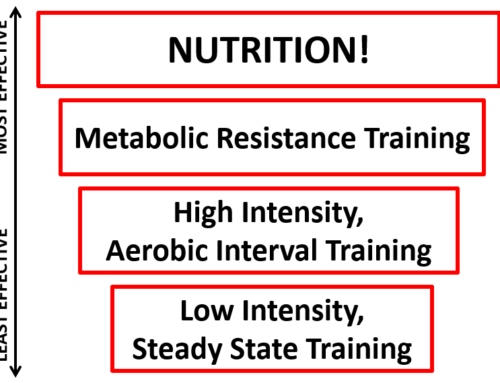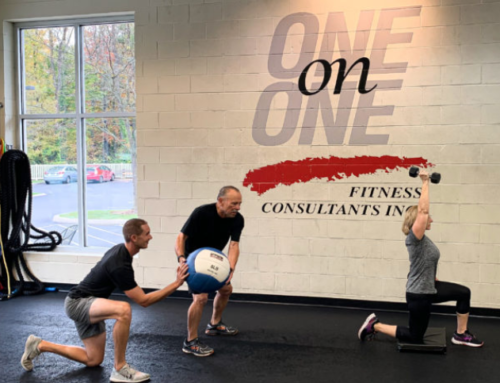We all occasionally overeat, and anxiety about food and weight can make mealtime seem especially stressful and out of control. This week we will discuss ways to eat in a mindful and satisfying manner.
First determine why you overeat:
- Do you find yourself getting so busy you forget to eat and then overdo it when you finally make the time?
- Do you try to eat “perfectly” throughout the day, then at night you make decisions based on what you’re craving versus what is best for you?
- Does stress cause you to turn to food for comfort?
- Do you tell yourself, “Beginning next week, this behavior is going to stop. Until then, it’s full steam ahead!”?
The reasons we overeat vary significantly from one individual to another. Exploring the reasons why can be an important step in identifying how to change. Regardless of the reason, moving forward with new thought processes and behaviors can start today.
Consider the following strategies to help curb overeating:
- Resist having an “all or nothing” mentality when it comes to food. The reality is that any food available today will be available tomorrow. Reminding yourself you can have some later will prevent you from rummaging around to get desirable foods after you’ve already eaten the food you thought you “should”.
- Eat breakfast. Skipping breakfast usually backfires when hunger comes raging back mid-day, often leading to overeating. Start the day with a well-rounded, satisfying meal.
- Your body needs food approximately every 3 hours. Try not to trick yourself into thinking the longer you go without food, the better off you are. It is virtually impossible to eat in a mindful way when you are ravenous.
- Slow the pace of your eating. Slowing down at meals can help avoid overeating because it takes 15 minutes for your stomach to tell your brain you’re full.
- Use smaller plates and tell yourself you can always go back for more if you are truly hungry. When determining whether you’re going to go back for a second helping, use our tools like the apple test or hunger scale to help you decide if you are physically or psychologically hungry.
- Finally, if you do eat for emotional reasons, do so mindfully. Too often, we don’t let ourselves be comforted, and instead feel anxious and guilty. This guilt and anxiety can lead to an inability to naturally regulate our intake internally…a cue we all have and should listen to. Although you shouldn’t do it all the time, if you do mindfully make a decision to “indulge”, feel good about it. Life is too short!
If you find yourself struggling with overeating, try these strategies. You can also reference other Focus Points such as “Less is More”, “Connecting the Short Term with the Long Term” and “Acceptance”. They all provide tools to help you live a healthy life and achieve your long term goals.





